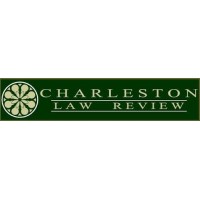
Liturgical Press
Liturgical Press began publishing for the Church in 1926. Since then, our dedicated staff continues to sustain our original mission of proclaiming the Good News of Jesus Christ. We are truly committed to providing religious and spiritual resources of the highest relevance and quality to the Christian community. As we strive to carry on the great tradition of Liturgical Press under the guidance of our Lord and St. John’s Abbey, we thank you for your faithful support and look forward to serving you in the many years to come.






